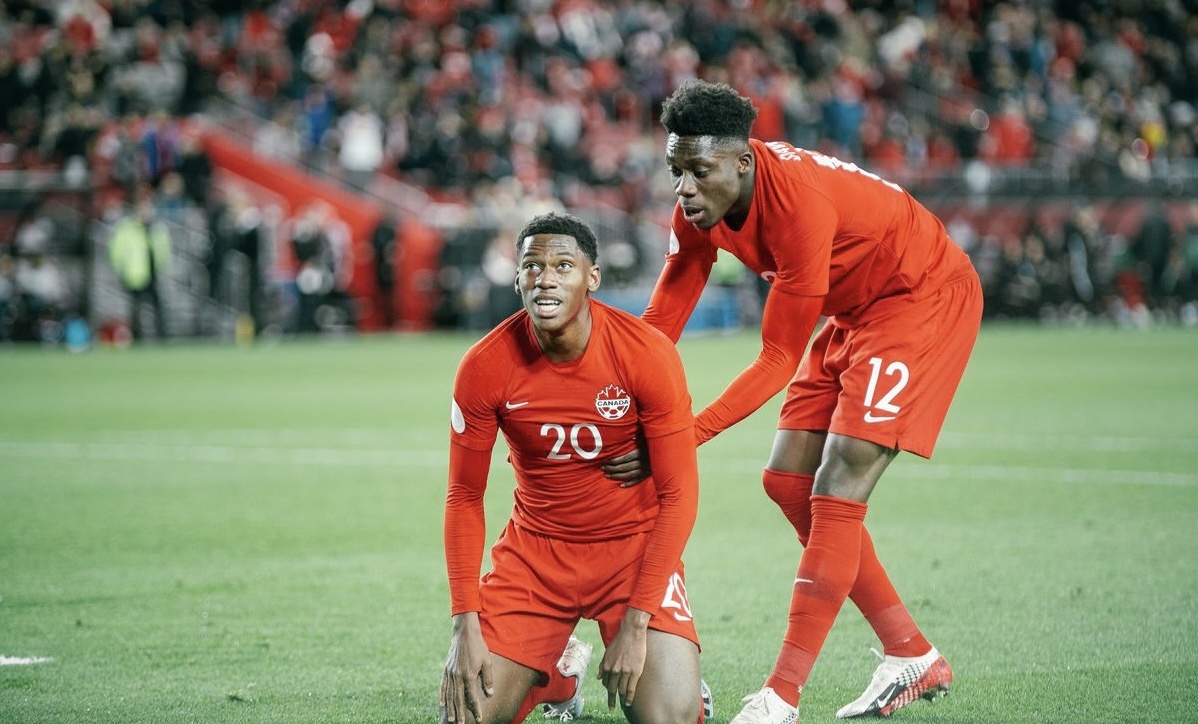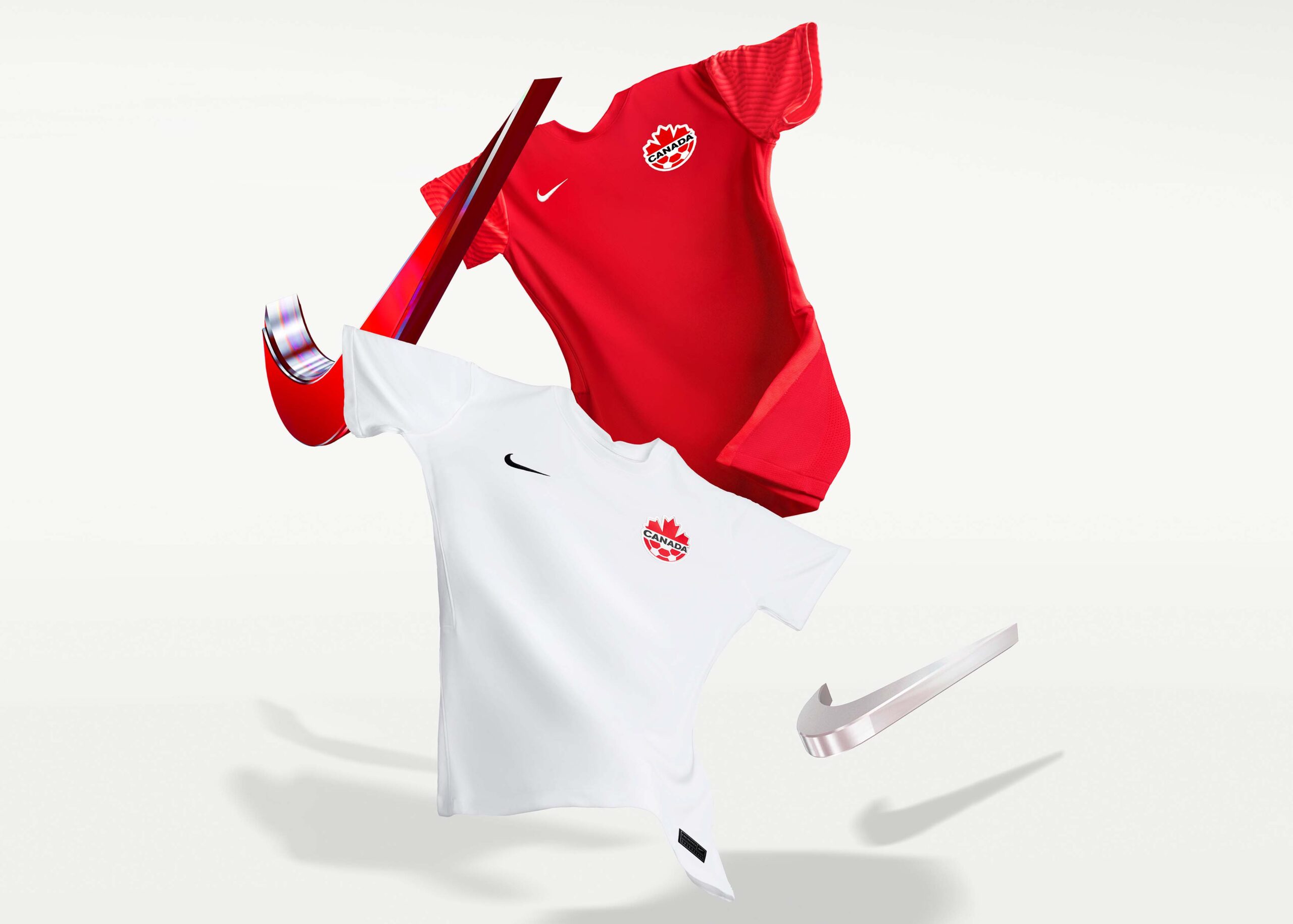Of all three host nations for the upcoming 2026 World Cup, the biggest question marks surround Canada and a federation in complete disarray.
In May 2020, Canada and its golden generation was the talk of the town. With Mexico playing its worst soccer under Tata Martino and facing a generational shift, accompanied by a United States men’s national team that was also getting adjusted to young players and a system-oriented coach in Gregg Berhalter, Canada was left to stand alone on top of CONCACAF.

On paper it was a no brainer — Canada is a national team that has two very talented strikers in Cyle Larin and Jonathan David, one of the best players in the world at his position in Alphonso Davies, a strong midfielder in Tajon Buchanan, and a solid supporting cast that includes Stephen Eustáquio, Alistair Johnston, and Dayne St. Clair. By CONCACAF standards, that’s certainly a contender.
Add in John Herdman, a coach who had managed both the men’s and women’s national team for a combined record of 98-46-22, and you have a national team that was ready to make a splash. For two years, the Canadian soccer program pulled the wool over our eyes.
Despite finishing first in CONCACAF World Cup qualifying ahead of Qatar 2022, where was the proof that Canada had truly come of age? It seemed that the nation just took advantage of a few down years for the USMNT and Mexico.
The CanMNT hasn’t won a major tournament since the 2000 Gold Cup, and in their supposed golden generation, all they have to show for themselves is a pair of quarterfinal and one semifinal appearance in the Gold Cup. In the Nations League in 2021 they did not qualify to the playoff phase, and were played off the field by a sans-manager USMNT in the 2023 semifinals.
Qatar 2022: A Crash Back to Earth
While Canada was getting the business done on the field in CONCACAF in the lead up to the 2022 World Cup, clues about just how competitive the national team was were becoming very clear. Outside of key World Cup qualifying wins over Mexico and the United States, since 2020 Canada had lost to Iceland and Uruguay, and only recorded one win against World Cup hosts Qatar prior to the World Cup. The rest of their “major” run was wins against CONCACAF opposition.
The road for Canada to get to the World Cup was such in doubt that Nike, the team’s uniform supplier, did not even make a new kit for Canada to wear at the World Cup. Nike issued a lame excuse statement, that creating a concept jersey for the World Cup takes an 18-month period and the Canadian national team were simply outside that time frame.

If you saw how the Nike teams dressed at the World Cup, the last thing anyone could say was that Nike was creative, as nearly all of the brand’s national teams sported the same template with different color patterns.
At the time, Canada defender Sam Adekugbe said to The Athletic, “I think that just shows that no one really believed in us, I don’t think Canada believed. But the only person who really believed was (Canada coach John Herdman), and the group that was around.”
Herdman deserves credit given the hand he was dealt: A federation with little economic means, a region not known for its quality, and an electric start to World Cup qualifying. He got the CanMNT to their first World Cup since 1986.
As the tournament approached, MLS PR worked its magic, lifting the program as a kind of dark horse at the World Cup. The league, which has three teams in Canada, tried to do its best to build up a country who on paper had talent but really had not done much but simply qualify to the World Cup from one of the world’s weakest soccer regions.
At Qatar it was a major wake up call. In its opening match, Canada showed a great performance against Belgium but ultimately fell by a 1-0 score. Then the Maple Leafs were vastly outplayed by Croatia (4-1) and Morocco, the eventual darlings of the World Cup (2-1). A last place group finish was just the beginning of the troubles for the federation and the program, however.
Complete Disaster
In the months after the Qatar World Cup, Canadian soccer saw a huge fall from grace. A CBA dispute with their talented women’s team showed how far off the wages were between the women’s and men’s national team. In February 2023, Defender Vanessa Gilles tweeted all of the issues that had been brewing with the Canadian Soccer Federation — from mismanagement of funds, to zero to poor investment in both the women’s and men’s programs, to issues ranging to youth soccer. Gilles’ tweet basically told the world that the third host nation of the next World Cup basically had no foundation.
A quick recap for everyone pic.twitter.com/R029MtHf7W
— Vanessa Gilles (@VanessaGilles) February 11, 2023
On August 28, the program was hit even worse when Herdman, the man slated to take Canada to their next World Cup in 2026, resigned as manager to take over one of the worst teams in Major League Soccer, Toronto FC.
An August 2023 article in the Toronto Star reads, “The Englishman has expressed growing frustrations with his employers at Canada Soccer and how they have found themselves in a financial situation so precarious that interim General Secretary Jason De Vos had even discussed the possibility of bankruptcy for the national federation. Earlier this month, Canada Soccer announced that due to ‘financial constraints,’ Herdman’s men’s team would play only a single friendly across two international windows this fall, when regional rivals U.S. and Mexico have four matches booked.”
That lone friendly is an away match against Japan on October 13. The interim coach assigned to the job at the moment is Mauro Biello as Herdman took all of his assistants and technical team with him to Toronto.
While Herdman will have to try to right the ship of a team that has been poor for three seasons, Canada will have to find a new manager, and according to Sports Net in Canada the names are uninspiring. What else could be expected from a near bankrupt federation? Pa Modou Kah, Wilfried Nancy, Thomas Christiansen, Bobby Smyrniotis, and Mauro Biello are the five names with the most chances to take over the men’s program.
At the youth level, Canada did not qualify to the Summer Olympics and were not part of the U20 World Cup in Argentina earlier this year. In fact, they only qualified to the U-17 tournament which will be played in Indonesia in November.
With the women’s game in shambles, the men’s game now without manager, and a near bankrupt federation, FIFA has been glaringly absent. No major alarm bells have rung at FIFA as a World Cup host is in no condition to fund their national teams, let alone host the biggest competition in the sport. Sadly, Mexico and Canada get lost in the shuffle when it comes to the 2026 World Cup, which mostly focuses on the impact the tournament will have in the United States.
For Canada, if the talk was about a golden generation, it was a golden generation of what? The players are certainly talented, but the federation gave them little means to improve and had no real focus when it comes to an overall objective.
If it was a golden generation, it seems to have passed quickly and its back to business as usual in Canada.








